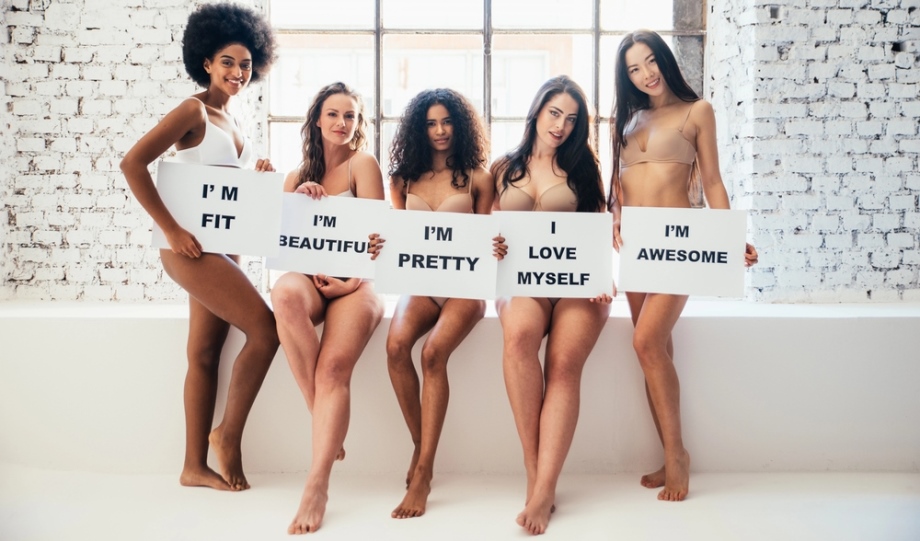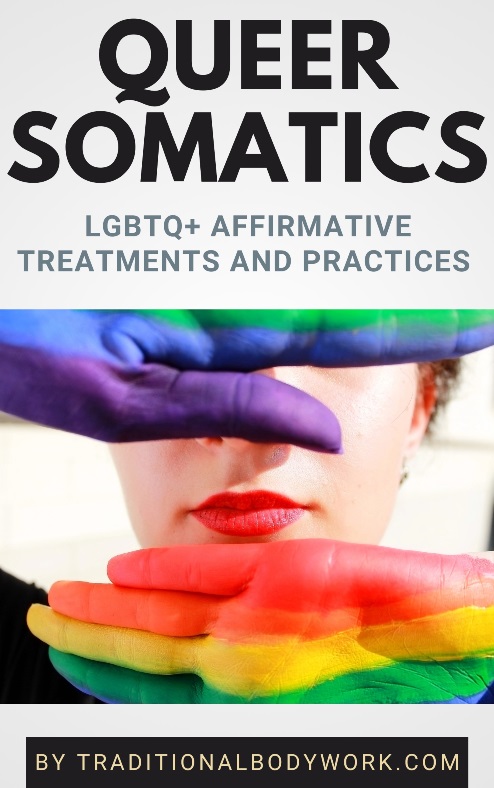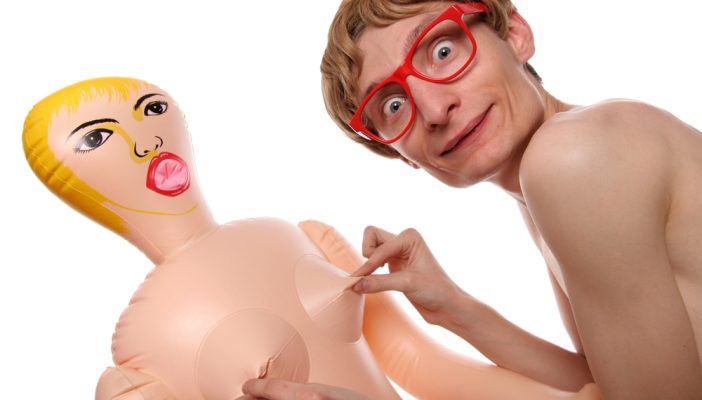
Body positivity is a social movement that encourages a positive view of all types of bodies, irrespective of physical characteristics (such as size, shape, skin tone and race), or gender, sexuality, and physical abilities. Hence, rather than trying to “fix” things to meet “idealized standards” the goal of body positivity is to focus on health of the body, on a healthy body image, and love for one’s body instead of judging it on its physical appearance.

Body positivity is an important pursuit because people who feel shame about their body’s appearance, abilities, or conditions may experience inner blockages to access healthcare in a timely fashion or feel inhibited to receiving other body-focused care such as massage or bodywork.
In addition, body positivity is especially important for people in larger bodies, disabled bodies, gender queer, non-binary, or transgender bodies, black and brown bodies, and older bodies, because this is typically the population that so-said “deviates” from the unrealistic beauty constructs of society or the media.
Body positivity starts by practicing positive thinking towards one’s body. A positive feeling about the body gives people a stronger connection to the body (instead of seeing the body as something apart from them) and increases body self-care (healthy habits) because of self-love. It also increases feelings of self-worth and self-confidence, which are additional aspects that nurture both physical and mental health.
Nevertheless, it’s also important to realize that the idea of body positivity can exclude transgender, gender-expansive, or non-binary people, notably when they struggle with gender dysphoria and would want but cannot access transition-related care. In this context, think of body-positive slogans like: “Your body is perfect as it is,” “All bodies are good bodies,” or “There’s nothing wrong with your body,” which may be appropriate for most people, but — for instance — not really helpful for transgender people who want to undergo a transition.
In fact, body positivity actually denies the lived experience of transgender and non-binary people. In their case, there’s actually something really distressing with their body that cannot be solved through positive self-talk. Therefore, the idea of body positivity should also include people who are taking steps to love their body more, even if that means changing their bodies.
In this respect, the term body neutrality — which is increasingly used instead of body positivity — fits much better. It means that we are allowed to (want to) change things we don’t like about our bodies, which could simply be an act of self-love, respect, and care for our bodies.

For instance, if we notice that we are overweight and as a result of that experience shortage of breath, knee pain, or lower back pain, there’s nothing wrong with wanting to lose weight for health benefits. It means that we want to change something about our bodies, which in this case is likewise a form of body positivity, and as said, a phrase increasingly replaced by body neutrality.
This type of body-positive or body-neutral care for our bodies may include things like eating nutritious meals, spending more time doing physical exercise, meditating, getting enough sleep, spending time with loved ones, taking a lengthy bath, or receiving a massage, and so on.
The clue is to admit that we don’t necessarily love everything about our bodies. Things we can or want to change for “good” reasons (such as for our health) are worth to pursue. Nevertheless, it’s of equal importance to realize that our intrinsic worth as a human being doesn’t lie in our shapes, sizes, or in any other aspect of our appearances, even if the media or parts of mainstream society say or think so.
It’s surely not always easy to let go of superimposed societal ideas that feed the unrealistic desire to have a kind of “super body,” but we need to keep trying to get rid of these kinds of negative thought-patterns, and find ways and allies to deal with those for the benefit of our own health and happiness.


















